Design and Construction of Soil Anchor Plates
Primarily designed and constructed to resist outwardly directed loads imposed on the foundation of a structure, anchor plates play an important role in the design of structures (including seawalls, transmission towers, tunnels, buried pipelines, and retaining walls). Design and Construction of Soil Anchor Plates focuses on the various theories based on the design and construction techniques of anchor plates in soil mechanics. The focus of this reference is on design methods, theories, and procedures for constructing permanent or temporary ground anchors and anchored systems. Topics include: General Requirements of Vertical Anchor Plates and Design Criteria, Estimation of Ultimate Capacity in Vertical Anchor Plates, General Requirements of Vertical Anchor Plates and Design Criteria, Type and Length of Inclined Anchor Plates, Early Theories on Anchor Plates in Multi-Layers Soil, and Basic Theories on Passive Pressure in Vertical Anchor Plates. With this reference, researchers and designers will find a valuable guide to the various theories, techniques, and equations for anchor design.Basic theories on passive pressure in vertical anchor platesEstimation of ultimate capacity in vertical anchor platesUplift capacity for shallow anchor platesRequirements of vertical anchor plates and design criteriaType and length of inclined anchor plates
{{comment.content}}
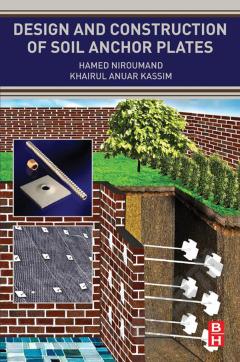
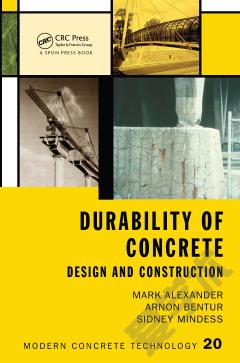
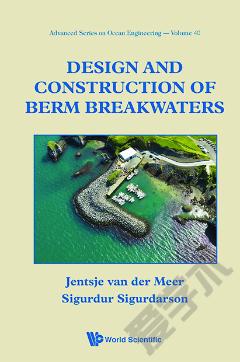
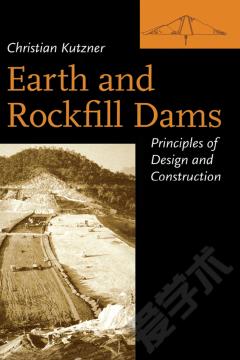

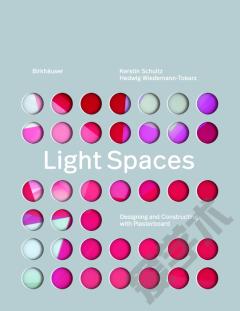


 京公网安备 11010802027623号
京公网安备 11010802027623号